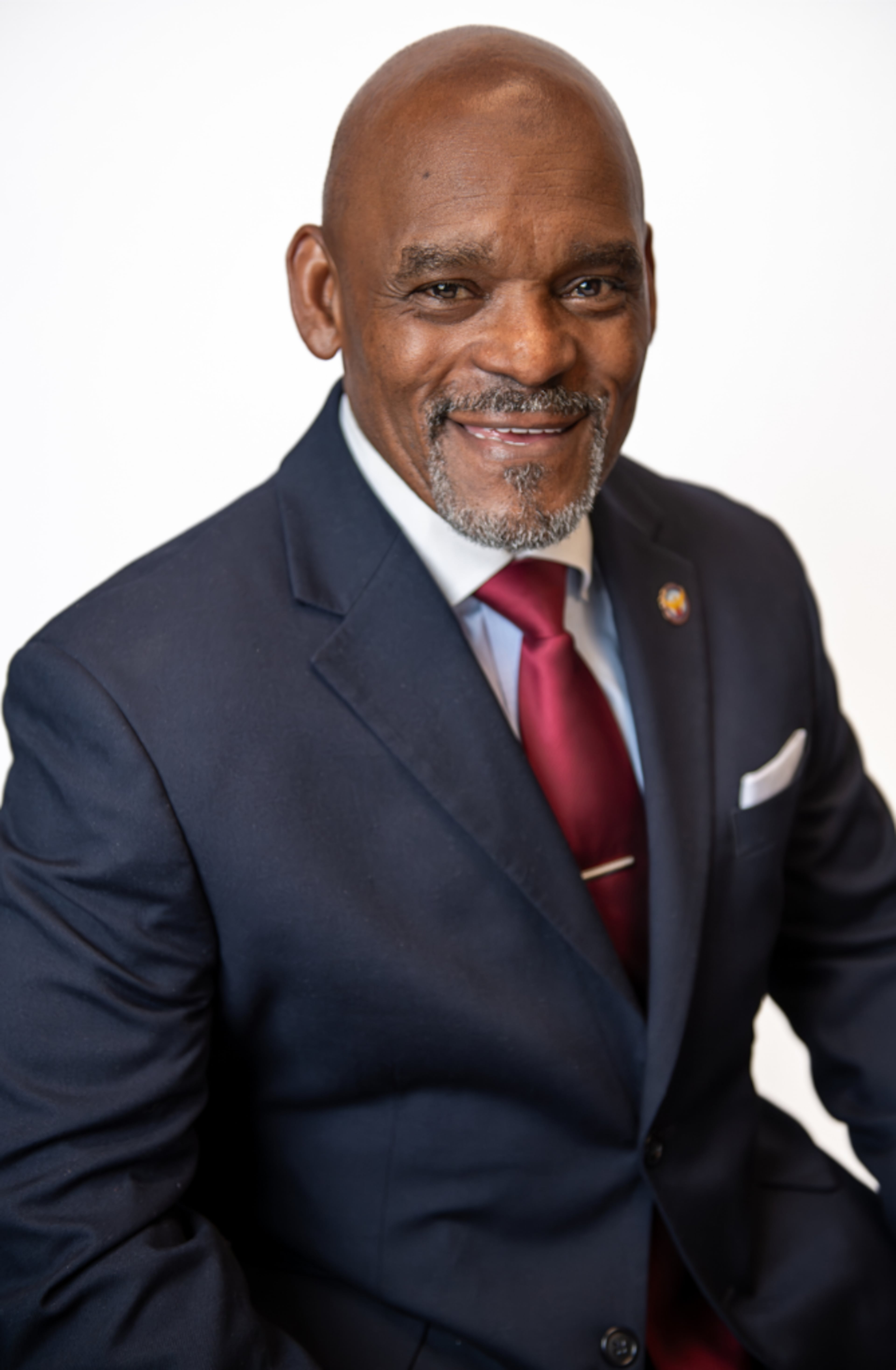No one should be without a home in Atlanta: Trust, housing, hope change lives

Homelessness is one of Atlanta’s toughest challenges, but it is also one of our greatest opportunities to show what this city can achieve when we work together.
Every day, outreach workers, faith leaders, service providers and government partners are proving that compassion paired with persistence can change lives.
When the Intown Cares homeless outreach and navigation team launched in 2017, we set out to be the most compassionate and effective team in the city.
Our goal was simple: meet people where they are and walk with them until they reach stable housing. That means going into the woods, behind businesses, in alleyways, and under bridges with snack packs, hygiene kits, clean socks and even pet food. These small gestures send a message that people matter, no matter where they are.
Trust is the first part of our process
Trust is the foundation of our work. Homelessness is dangerous, and distrust is often necessary for survival.

Many of our neighbors have endured broken promises or judgment from institutions that were supposed to help. It is no wonder that someone may hesitate when offered housing.
Only after weeks, months or even years of consistent care do many begin to believe that this time can be different.
That trust is the first step in a five-part process. After engagement, we assess and enroll people into the city’s Coordinated Entry system, navigate the paperwork required for housing, help secure and move into units and provide ongoing support after people are housed.
According to the Homeless Management Information System, more than 750 people have moved into permanent supportive housing or rapid rehousing this year alone. Behind each number is a story of resilience: a family reunited, a veteran stabilized, a young adult given the chance to start again.
The numbers matter, but the real measure of progress is trust. Trust built between outreach workers and those they serve, and trust in a system that is adapting and improving to meet people’s needs.
City of Atlanta is working to expand housing options
This frontline work is one piece of a much larger movement. The Atlanta Continuum of Care, a network of more than 170 organizations, is committed to making homelessness in our city rare, brief and nonrecurring.

Together with Partners for Home, the city of Atlanta and dedicated housing developers, we are creating new housing options and strengthening the system of care.
The progress is tangible. The Melody, a 40-unit community downtown, opened in 2023 as Atlanta’s first rapid housing project.
The Ralph David House added 56 permanent supportive units. At the Waterworks site, construction is bringing about 100 units online.
In Mechanicsville, the 405 Cooper development will add 100 supportive housing units and 70 townhomes for purchase. These are part of Mayor Andre Dickens’ commitment to deliver 500 rapid housing units by the end of 2025, backed by more than $120 million in combined public and private investment.
For the Continuum of Care, these milestones are about more than bricks and mortar. They show what happens when nonprofits, government, businesses and faith communities act together with urgency. They also remind us that homelessness is not just an economic challenge but a moral one. It is an opportunity to show what kind of city we want to be and how we treat our most vulnerable neighbors.
There is still more work to be done, but the commitment is solid
Mayor Dickens often says our city is a group project. The Continuum of Care is living proof of that vision.
One neighbor at a time, the compassionate work of outreach teams and the structural investments of city partners are advancing the day when every Atlantan has a safe, stable place to call home.
Much has been done, and much remains. But we are united in our commitment: No one in Atlanta should have to live without a home.
Brad Schweers is executive director of Intown Cares, and Pastor Sean Smith is chair of the Governing Council, Atlanta Continuum of Care.


